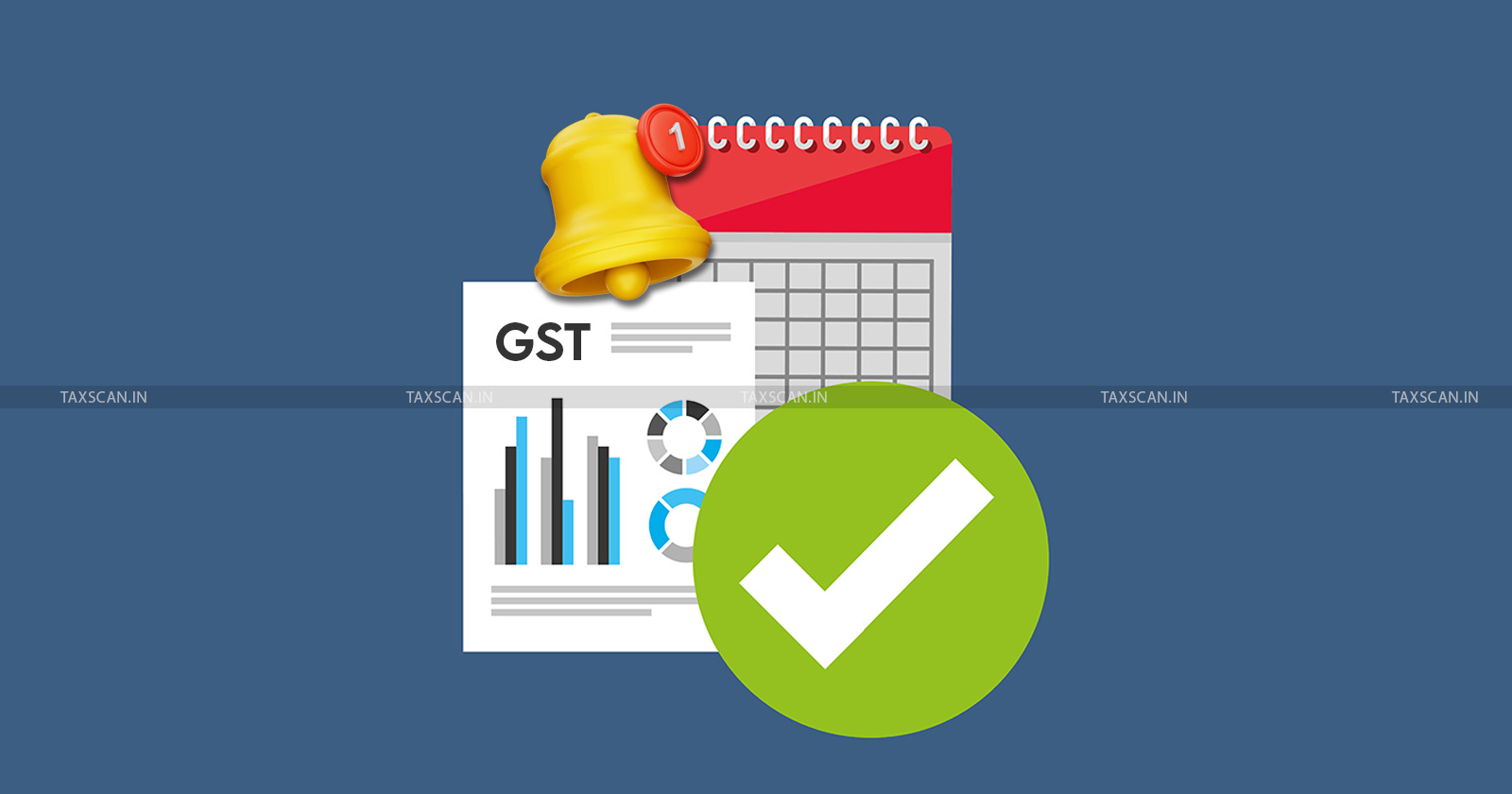GST Notifications, Circulars, and Advisories – April 2025 Compilation
A monthly round-up of key GST Notifications, Circulars, and Advisories issued in April 2025, highlighting major procedural reforms and system updates.

1. Instruction No. 03/2025-GST – Processing of GST Registration Applications
Date: 17 April 2025
Issued by: Central Board of Indirect Taxes and Customs (CBIC)
Overview: This instruction was issued to address irregularities in the processing of GST registration applications. Many applicants were facing unnecessary queries and delays from officers. Therefore, the government has issued a standardised set of instructions to ensure fair and uniform treatment of all GST registration applications.
Key Instructions:
- Officers must strictly follow the list of documents mentioned in Form GST REG-01. They should not demand documents that are not listed, such as personal ID proof of property owners unless necessary.
- For owned premises, any one of the following documents is enough to prove ownership:
- Electricity bill
- Property tax receipt
- Municipal Khata copy
- Water bill or similar legally acceptable proof
- For rented or leased premises, a valid rent or lease agreement along with one ownership proof document of the lessor (such as electricity or water bill) is sufficient. Additional documents like the PAN card or Aadhaar of the landlord are not required unless the agreement is unregistered.
- In shared premises, a consent letter from the person owning the space, along with their identity proof and one ownership document, is considered valid.
- In cases where no agreement is available, an affidavit along with an electricity bill in the applicant's name may be submitted.
- The officers must process low-risk applications within 7 working days and risky applications within 30 days, after physical verification if required.
- Officers are prohibited from asking unrelated questions such as:
- Why the applicant’s address is in a different city or state
- If the business activity is suitable for the mentioned location
- Whether certain goods are allowed in that state
- Senior officers (Principal Chief Commissioners) must monitor how applications are being processed and take disciplinary action in case of non-compliance.
2. Advisory on Table 3.2 of Form GSTR-3B
How to Audit Public Charitable Trusts under the Income Tax Act Click Here
Date: 11 April 2025
Issued by: GSTN (Goods and Services Tax Network)
Overview: Form GSTR-3B is a monthly summary return filed by registered taxpayers. Table 3.2 of this form captures details of inter-state supplies made to:
- Unregistered persons
- Composition taxpayers
- UIN (Unique Identification Number) holders
Previously, taxpayers could manually edit this table. However, from April 2025, the system will auto-fill this table and it will no longer be editable.
Important Changes:
- The values in Table 3.2 of GSTR-3B will now be auto-populated based on the data reported in GSTR-1, GSTR-1A, or the Invoice Furnishing Facility (IFF).
- Taxpayers will not be able to manually change these figures in GSTR-3B.
- If any correction is required, it must be made in the relevant section of GSTR-1A or in a future period’s GSTR-1/IFF.
- GSTR-1A can still be filed after submitting GSTR-1 and before filing GSTR-3B. Therefore, corrections can be made up to the moment of filing GSTR-3B.
3. Advisory on Case Insensitivity in Invoice Number for IRN Generation
Date: 4 April 2025
Effective From: 1 June 2025
Issued by: GSTN
Overview: When businesses generate e-invoices through the Invoice Registration Portal (IRP), the system checks whether an Invoice Reference Number (IRN) already exists for a particular invoice. Until now, different capitalisations of the same invoice number (e.g., "abc123" vs "ABC123") were treated as separate invoices.
Key Changes:
- From 1 June 2025, the invoice/document numbers submitted to the IRP will be treated as case-insensitive.
- This means that all invoice numbers will automatically be converted to uppercase before IRN generation. For example, "inv001", "INV001", and "Inv001" will be treated as the same invoice.
- This change aligns IRP behaviour with GSTR-1, where invoice numbers are already treated as case-insensitive.
4. Advisory for Biometric-Based Aadhaar Authentication in Assam (Pilot Rollout)
Date: 2 April 2025
Issued by: GSTN
Applicable State: Assam
Overview: A new functionality has been introduced for GST registration in Assam. Under this system, certain applicants identified as “risky” through data analytics will be required to complete biometric-based Aadhaar authentication and document verification.
Process:
- After applying through Form GST REG-01, the applicant will receive an email with a link.
- Depending on the system’s risk analysis, the applicant will either:
- Receive a link for standard OTP-based Aadhaar authentication; or
- Be required to book an appointment at a nearby GST Suvidha Kendra (GSK) for biometric authentication.
- At the GSK, the applicant must bring:
- A copy of the appointment confirmation email
- PAN and Aadhaar (originals)
- All original documents uploaded with the application
- Only after the biometric verification and original document verification is completed, will the system generate an Application Reference Number (ARN).
5. GST Revenue Collection Data for March 2025
Date Released: 1 April 2025
Published by: GSTN
Overview: The data for gross and net GST revenue collected during the month of March 2025 has been made publicly available.
Access the Report: Download Revenue Data PDF – March 2025
Summary Table of Key Updates – April 2025
| Area | Type | Date | Summary |
| GST Registration | Instruction | 17 Apr | Standardisation of processing, documents, and officer conduct |
| GSTR-3B Table 3.2 | Advisory | 11 Apr | Auto-populated inter-state supply data made non-editable |
| E-invoicing (IRN) | Advisory | 4 Apr | Invoice numbers now treated case-insensitively for IRN generation |
| Biometric Aadhaar in Assam | Advisory | 2 Apr | Pilot for biometric verification during GST registration |
| Revenue Collection Data | Data Release | 1 Apr | Gross and net GST revenue for March 2025 published |
Support our journalism by subscribing to Taxscan premium. Follow us on Telegram for quick updates


